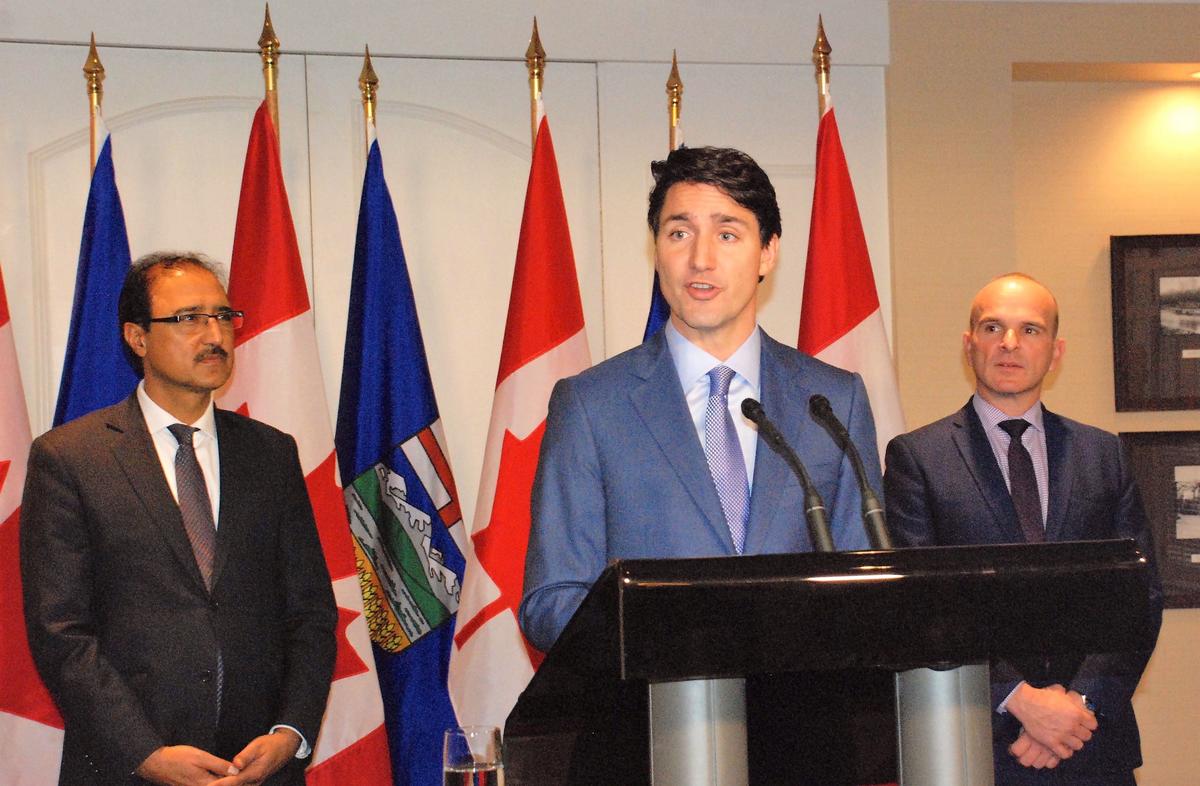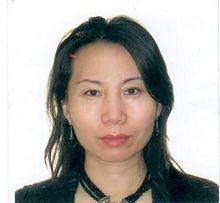With Canadian Prime Minister Justin Trudeau heading to Vietnam next month for the 2017 APEC meetings, and given the possibility he may meet with Chinese leader Xi Jinping on the sidelines of the summit, some in Canada are expressing hope that he will raise the issue of human rights and also that of a Vancouver woman detained in China.

Falun Dafa, also called Falun Gong, is an ancient Chinese meditation and spiritual practice that has been severely persecuted by the communist regime in China since 1999. Adherents are detained, tortured, killed, and in many cases even have their organs removed while still alive to supply China’s illicit, state-sanctioned organ harvesting system, a multi-billion-dollar industry that is profiting the officials involved.
Sun was arrested while at her Beijing residence in February and is being held at the Beijing First Detention Centre, a facility notorious for its brutal treatment of detainees.
Conservative MP Ted Falk said he thinks Trudeau should raise the issue of Sun Qian’s detention while at APEC.
“As Canadians we believe strongly in freedom of religion, freedom of expression, and I think our prime minister, when he goes abroad to meetings like that, needs to confront the Chinese officials about situations like that where our citizens are being incarcerated,” Falk said in an interview.
“[Persecution of Falun Gong is] something we as Canadians absolutely deplore, and we think that the Chinese government needs to release Falun Gong prisoners immediately and let them return to their homes.”
Liberal MP Robert Falcon Ouellette said he believes Trudeau will raise the issue of human rights if he meets with the Chinese leadership.
Engaging Beijing
When asked by an Epoch Times reporter at a press conference in Edmonton on Oct. 21 about human rights abuse in China and forced organ harvesting of Falun Gong adherents, Trudeau replied that he always raises the issue of human rights.“Canada will always be a strong voice for human rights in the world. It’s what Canadians expect, it’s what the government expects, but it’s also what the global community expects,” he said.
“Canada will continue to talk about human rights, as I have on every occasion that I have ever sat down with the Chinese leadership.”
At the same time, Trudeau added, he is looking for “the creation of economic opportunities and closer economic ties that often lead to significant improvements in the lives of citizens on both sides of the Pacific.”
This engagement, he said, “will allow us to continue to put pressure on improving the human rights situation.”
Respecting Agreements
David Kilgour, a former Canadian MP and secretary of state for Asia Pacific who first investigated and confirmed reports of forced organ harvesting in China, is wary of entering into such deals and doesn’t believe it can lead to improved human rights in the communist country.“The problem is that … the government of China doesn’t respect trade agreements, they don’t respect their WTO agreement, they don’t respect, as far as I can see, any of their agreements,” Kilgour said in an interview.
“The minute that an agreement becomes not to their advantage, they simply ignore it. And I think the experience of Australia and New Zealand and other countries has been very much in that line.”
As a case in point, Kilgour cites the example of China’s exporting goods made by slave labour to be sold in North American markets. American citizen Charles Lee, a Falun Dafa adherent who was abducted by Chinese authorities in China in 2003, spent three years in a forced labour camp producing items such as Homer Simpson slippers, which he found to be widely sold all over the United States after his eventual release and return to the U.S.
“You can’t do business with somebody who has no respect for human beings or no respect for the rule of law,” Kilgour said.





